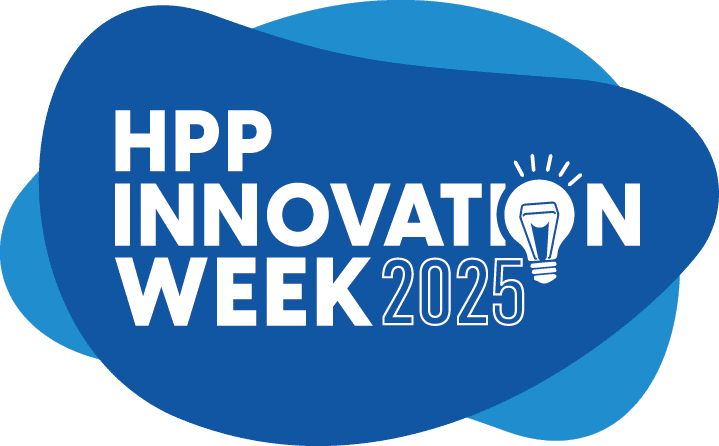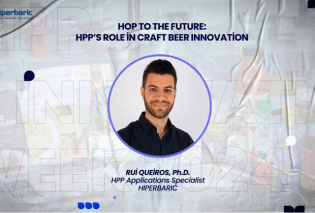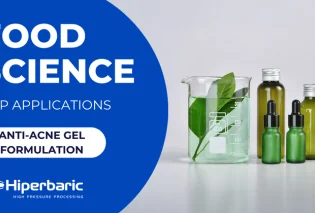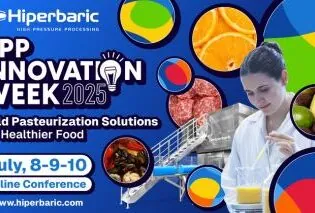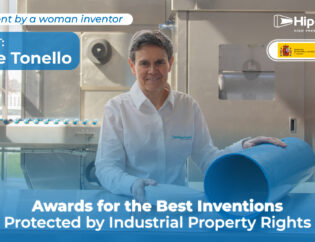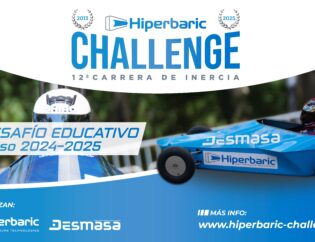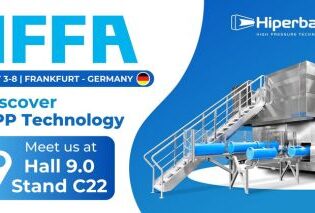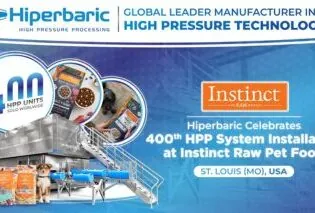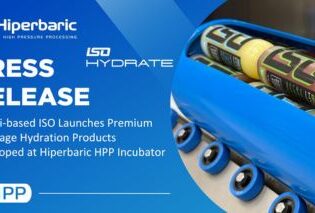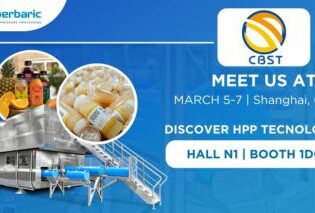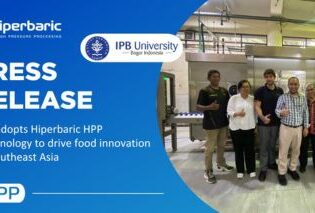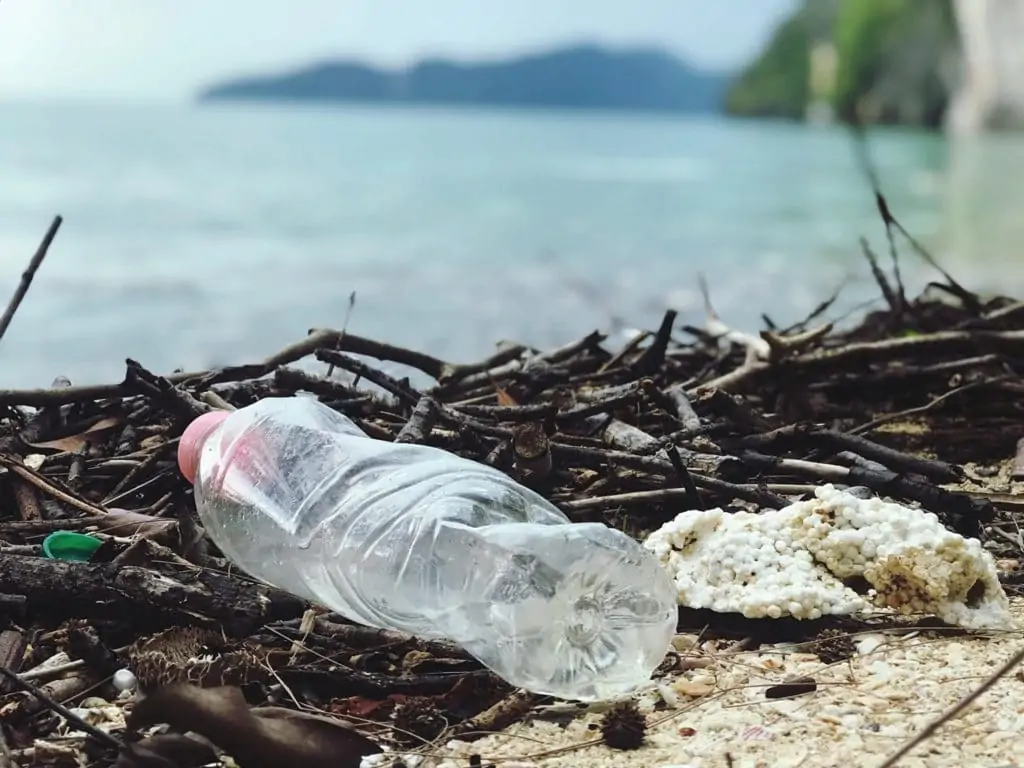
Petroleum-based plastic materials stay in the environment for hundreds of years, entering the food chain and negatively affecting wildlife. Biodegradable packaging, made by vegetable material, has appeared as a solution since they decompose naturally, thus not affecting the environment. The worldwide innovation, Hiperbaric Bulk technology for processing big volumes of liquids in bulk, potentially adds to the solution in the High Pressure Processing field, since it allows to use any kind of packaging for HPP beverages.
The plastic pollution caused by today’s lifestyle, such as the use of single-use/disposable convenience plastic products, has become one of the most concerning and urgent issues to solve on the planet. Overall, these materials made from fossil fuels stay in the environment for hundreds of years, usually ending up in the sea. Millions of animals are affected by this type of pollutions, some of them being killed due to entanglement and/or starvation. Furthermore, the exposition to the environmental elements (such as the sun or the waves) breakdown these products into microplastics. These spread throughout the planet contaminating the air, water, and food chain. It is, therefore, paramount to find alternatives to these petroleum fuels plastics.
Biodegradable packaging may be part of the solution
High Pressure Processing (HPP) is an in-pack technology that requires a specific type of packaging, usually plastic. Biodegradable packaging is an alternative to the aforementioned products since they decompose naturally in the environment. Through the action/metabolism of microorganisms naturally present in the environment, the biodegradable packaging is broken down into harmless structures to the environment. This type of packing is usually made from polylactic acid (PLA), which is made from vegetable sources instead of petroleum.
A good example is Yumi juices. Yumi is a company passionate about both the health of their customers as well as the health of the planet. For that reason, they use 100% biodegradable vegetable bottles for their HPP juices.
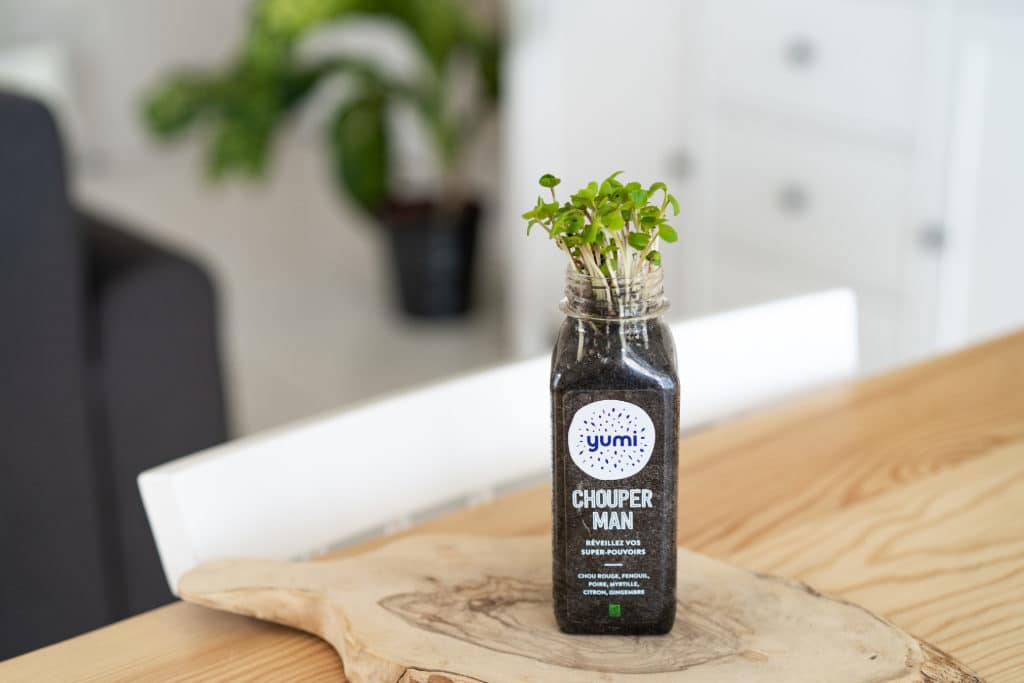
Press London, one of our clients in the UK, has just launched its own initiative towards a more sustainable future. Their bottles are now made from 75% recycled plastic (rPET) and 25% bio plastic (made from sugar cane rather than fossil fuels). It’s not the end of the journey, nor a biodegradable solution, but it is a significant step.
There are companies that offer biodegradable packaging solutions that can be used with HPP. Lyspackaging is a French company that offers solutions in standard or customized bottles, and the creator of the “Vegan Bottle”, a 100% plant-based bottle made with raw materials, biodegradable and compostable.
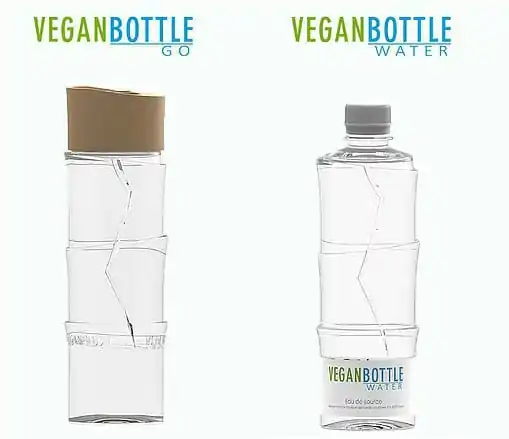
In USA we can find as an example the Florida company Expressed Juice, who uses bottles with the additive Eco-Clear of Captiva Containers. This additive is specially design to be digested by microorganisms, improving the PET biodegradation to only 5 – 7 years. Moreover, these bottles can be reused and recycle.
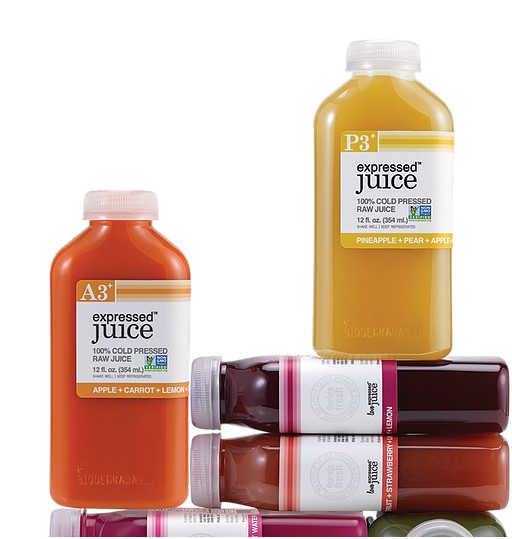
Potential trends in eco-friendly packaging
Carbohydrates and proteins derived from plants had been also targeted as potential solutions. Nonetheless, researchers and industry experts still need to improve the mechanical properties and processing costs of biomaterials to match those of plastic polymers.
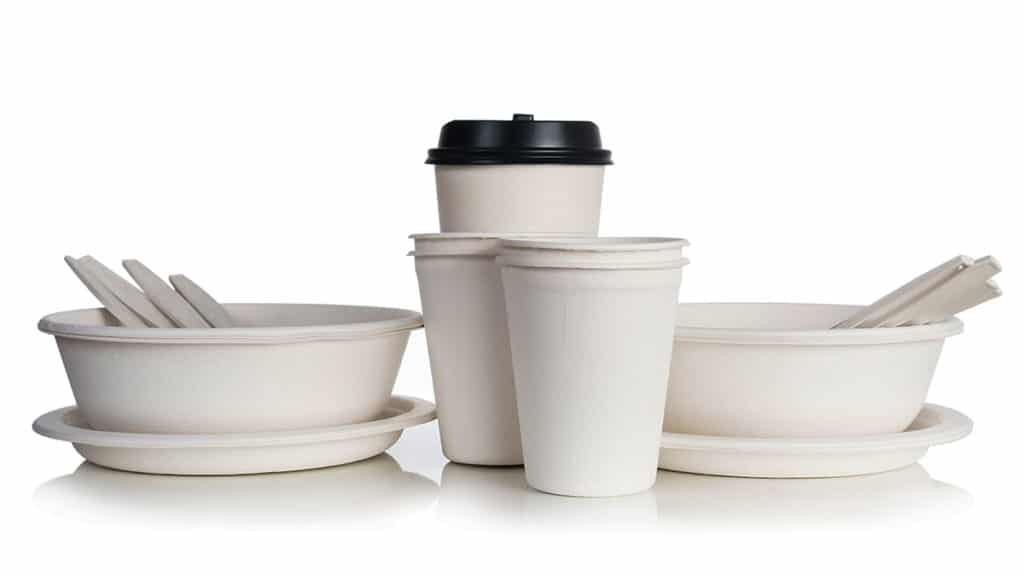
Starch-based packaging is a popular choice, although challenges involve water solubility and potential changes in mechanical properties due to molecular rearrangement upon water exposure (retrogradation). Among few reported HPP applications, Kim and others (2018) reported that a more compact structure of buckwheat starch films processed high pressure (6000 bar/87000 psi, 20 min) improved water vapor permeability (2.1 x 10-9 g/m s Pa) when compared to heated films (3.0 x 10-9 g/m s Pa), although properties were not evaluated during storage.
Similarly, pressure gradually reduced water vapor permeability of soy protein isolate (SPI) films from 6.6 (untreated sample) to 5.8 g·mm/m2·h·kPa after processing at 5000 bar/72500 psi for 10 min (Wei and others 2018). The authors also reported that molecule reorientation due to pressure effects reduced protein aggregates, yielding a smoother microstructure that improved the tensile strength and elasticity of SPI films.
Hiperbaric Bulk Technology
The Hiperbaric breakthrough innovation, the Hiperbaric Bulk, allows to process beverages in bulk, that is, before bottling. Contrary to the typical in-pack process, this is a more eco-friendly process since it allows the use of any packaging after HPP. Besides biodegradable packaging (plastic), when using this process, liquid foods can be bottled/packed into other eco-friendly material such as glass, metal, or paper-based packaging, avoiding the use of plastic altogether.
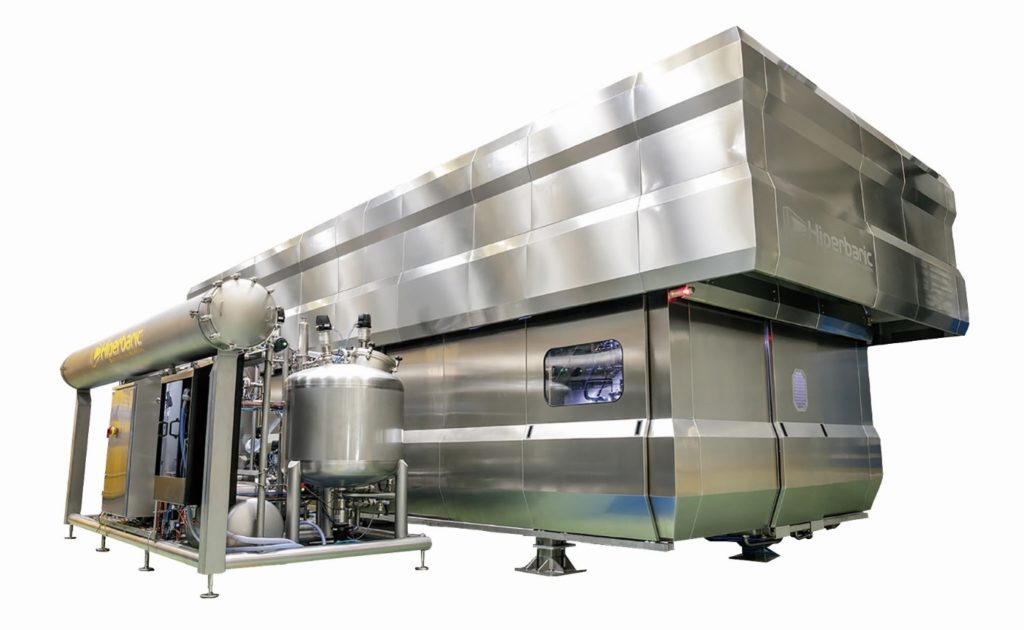
Contact us if you want to know more about biodegradable packaging suitable for HPP and the multiple benefits this technology can provide to your products in terms of food safety and quality.

